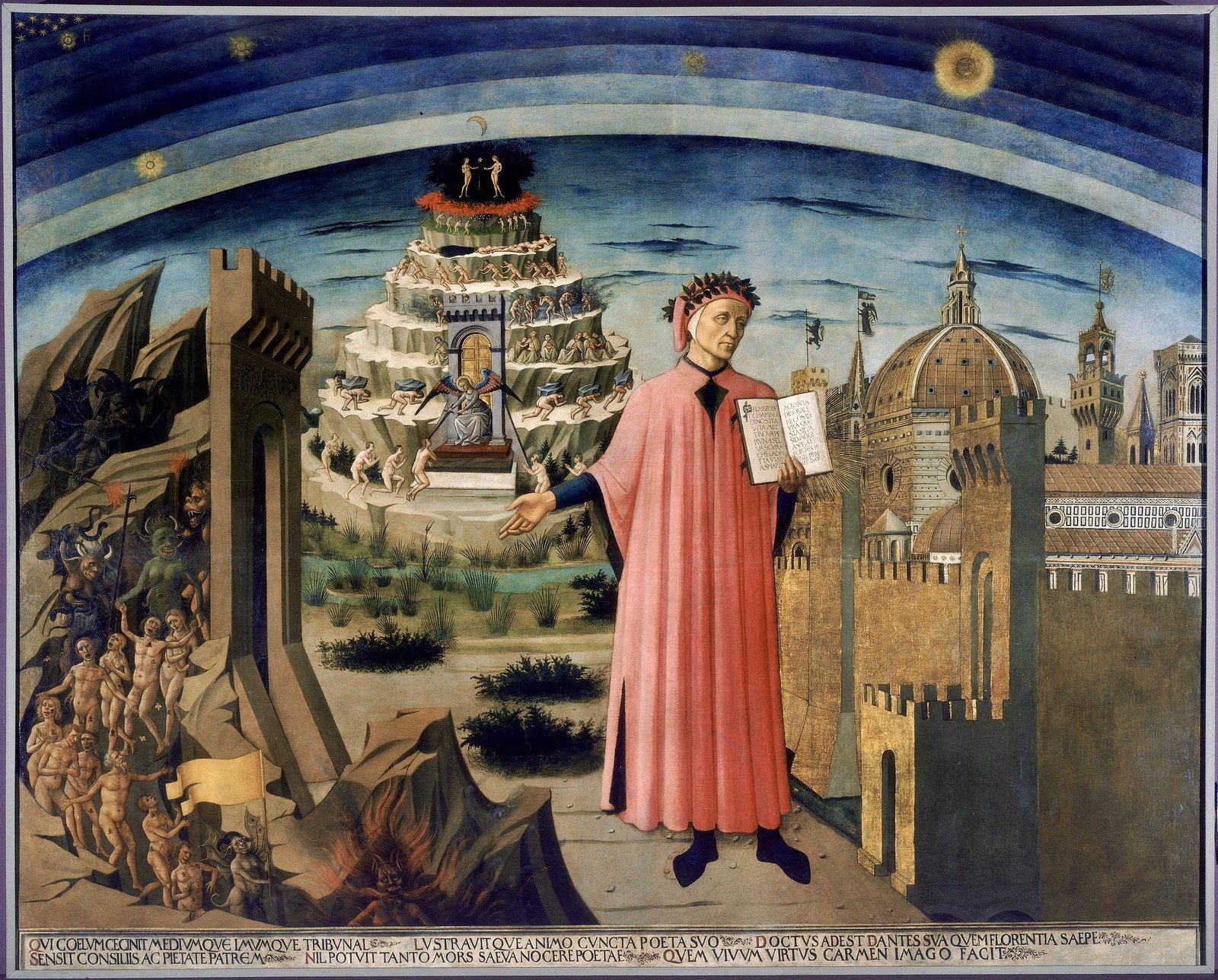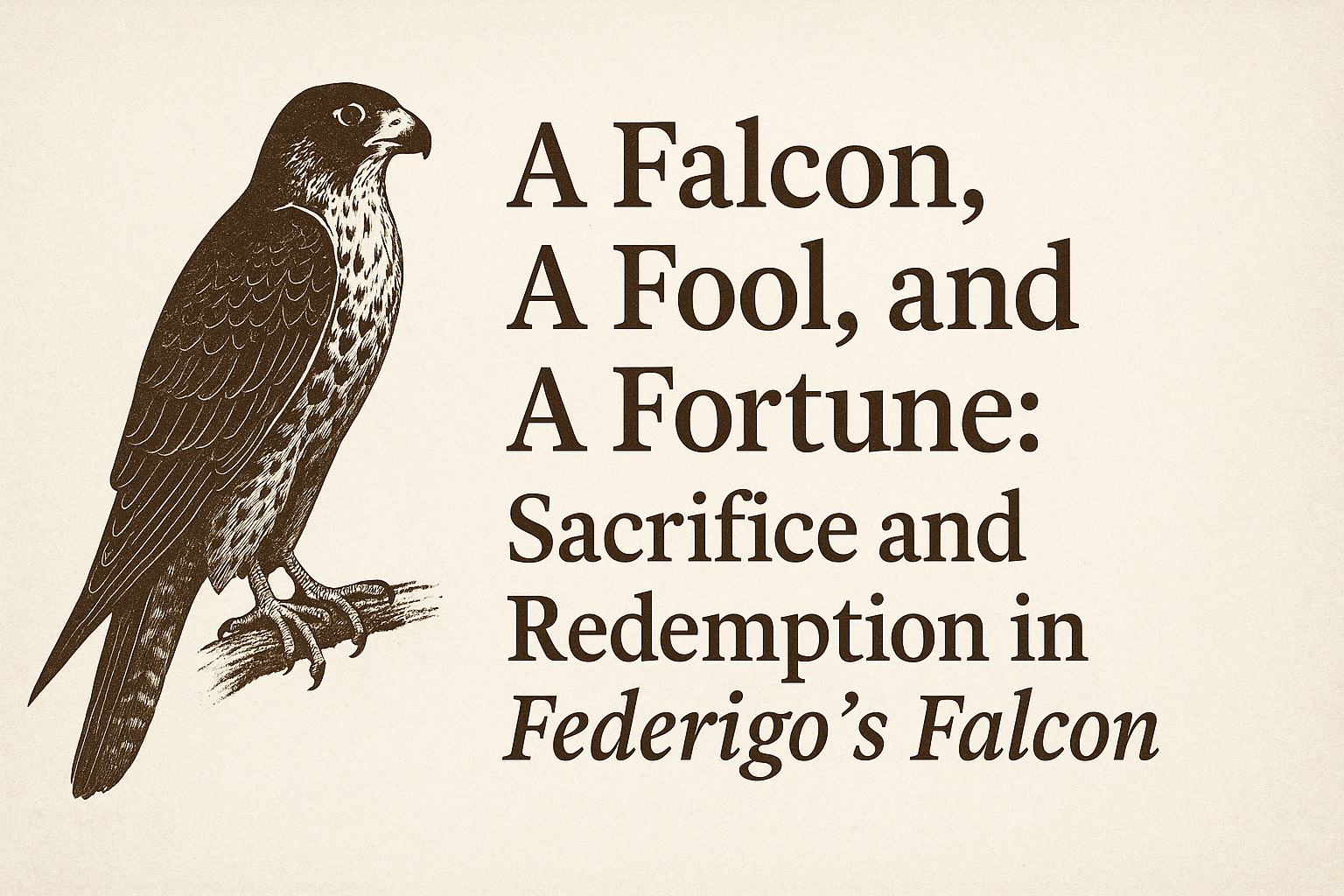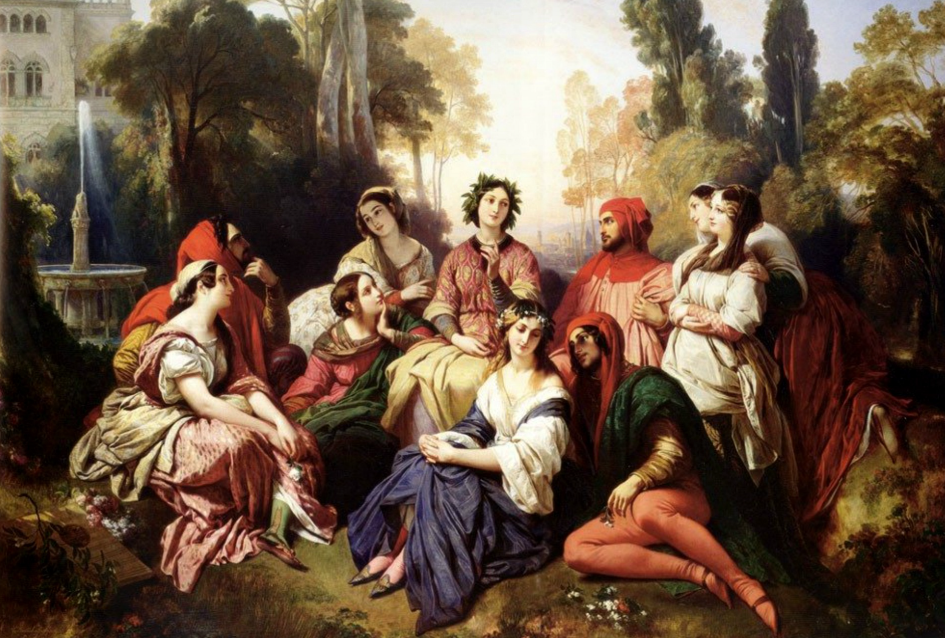'Love and punishment: The tragic Tale of Francesca da Rimini in Dante's inferno.

Title
“Love and Punishment: The Tragic Tale of Francesca da Rimini in Dante’s Inferno”
---
Introduction
Dante Alighieri’s Divine Comedy is a profound exploration of the afterlife, morality, and human nature in the 14th century. In Inferno, Canto V stands out for its haunting portrayal of love and its consequences through the story of Francesca da Rimini. This review analyzes how Dante uses the tale of Francesca to explore themes of passion, sin, and justice, blending literary artistry with medieval values that continue to resonate in discussions about love and responsibility.
---
Summary
In Canto V of Inferno, Dante and his guide Virgil descend to the second circle of Hell, reserved for the lustful. Here, they encounter Francesca da Rimini, condemned for adulterous love. She recounts how she and her lover Paolo were caught and killed by her husband. Their story is told with poignant emotion, illustrating the torment caused by uncontrolled passion. Francesca’s tale epitomizes the tragic consequences of yielding to lust, according to Dante’s moral framework.
---
Analysis
Themes and Morality
The central theme is the tension between passionate love and divine justice. Francesca’s story highlights how love, when divorced from reason and morality, leads to eternal punishment. Dante presents lust as a sin of excess, one that overwhelms human reason and disrupts social and divine order.
Character Dynamics
Francesca is a sympathetic figure, expressing sorrow and regret, which evokes pity from both Dante the pilgrim and readers. Paolo remains silent but his presence underscores the intimacy and tragedy of their fate. Dante’s interaction with Francesca humanizes sinners, making the moral lessons more poignant.
Literary Devices
Dante employs vivid imagery and symbolism—the stormy winds of the second circle represent the uncontrolled passions that drive the lustful. The use of first-person narration by Francesca creates emotional immediacy. Irony is present in the fact that their love, initially sweet, results in eternal suffering, highlighting the paradox of sin.
Historical and Contemporary Relevance
In the 14th century, Francesca’s story reinforced Church teachings on sexual morality and the consequences of sin. Yet, her tale transcends its time by touching on universal themes of love, loss, and moral choice. Today, readers may interpret her story as a complex reflection on the power of emotion and the human cost of strict moral judgment.
---
Personal Response
What moved me most was Francesca’s tragic humanity—her ability to tell her story with grace despite her damnation. The vivid portrayal of love’s power and peril made me reflect on how passion can both enrich and destroy lives. I found the mix of poetic beauty and harsh justice compelling and thought-provoking.
---
Conclusion
Dante’s portrayal of Francesca da Rimini remains a timeless exploration of love’s complexities and the consequences of moral failure. While rooted in medieval theology, her story continues to resonate because it captures the enduring struggle between desire and duty. The Divine Comedy invites readers to reflect deeply on human nature, making it a masterpiece that endures across centuries.







